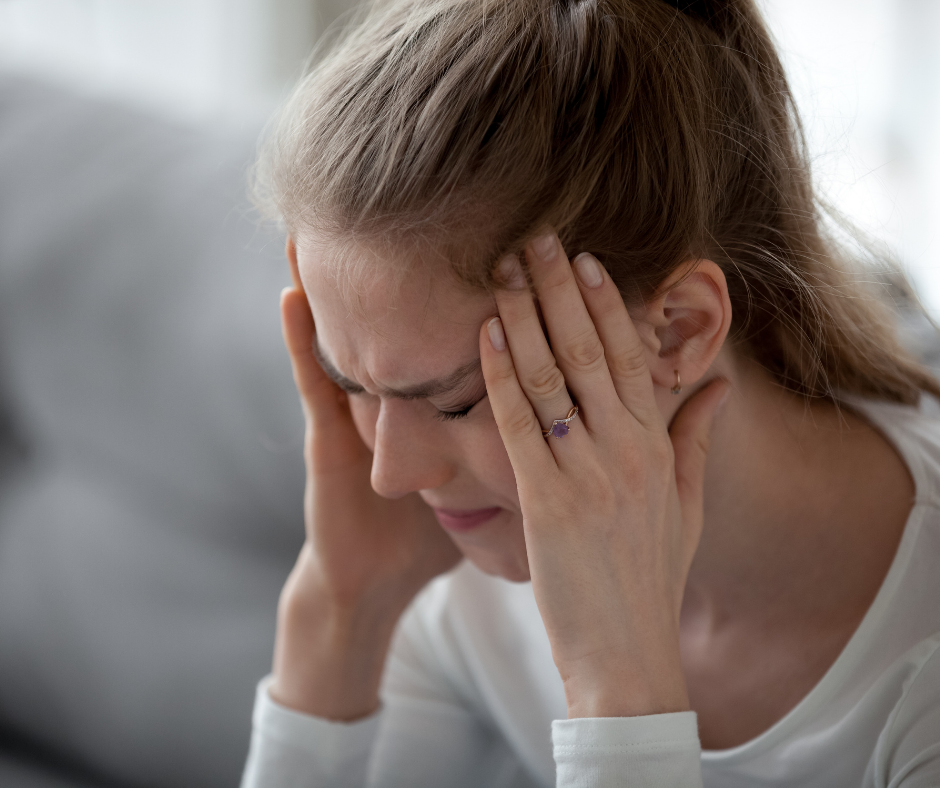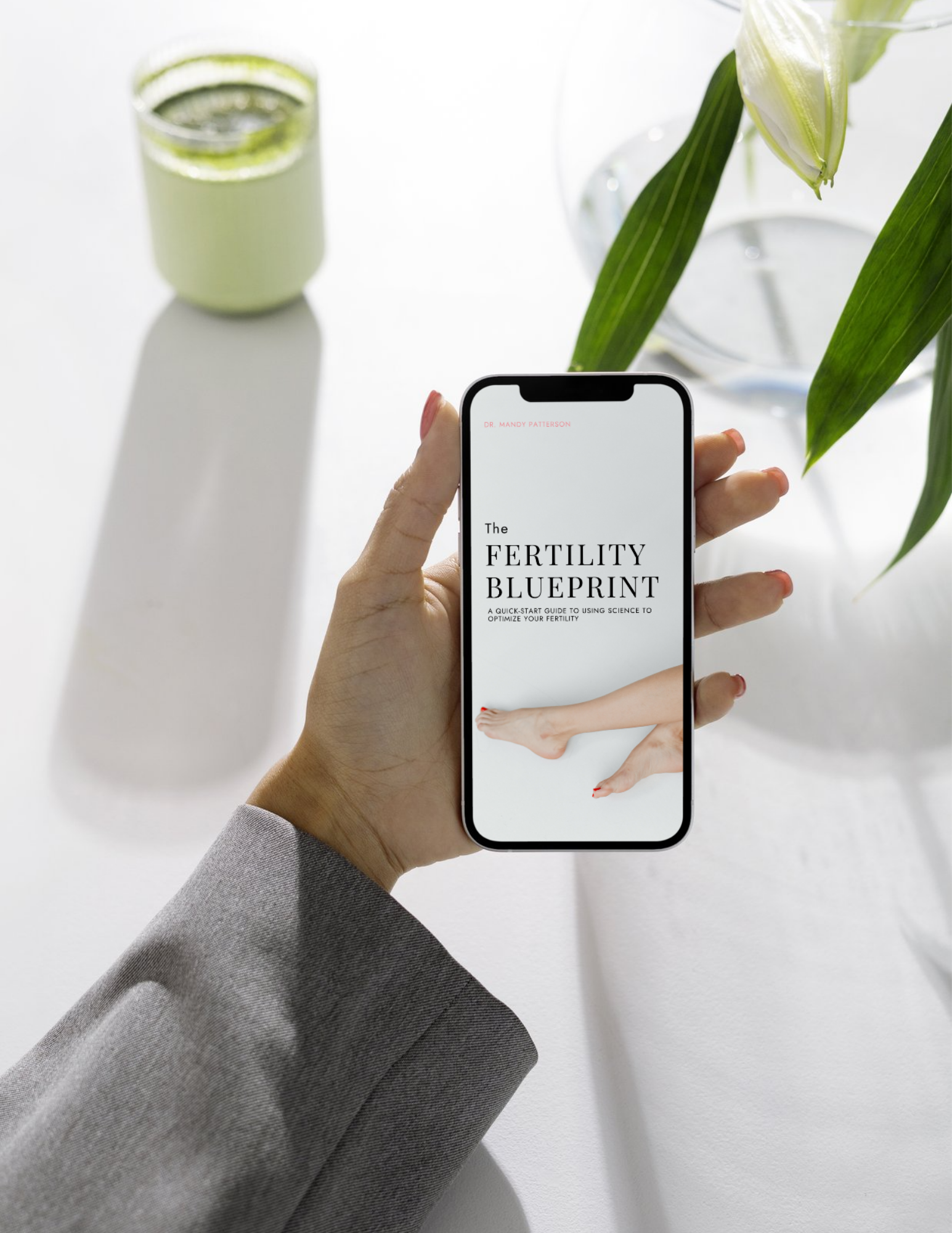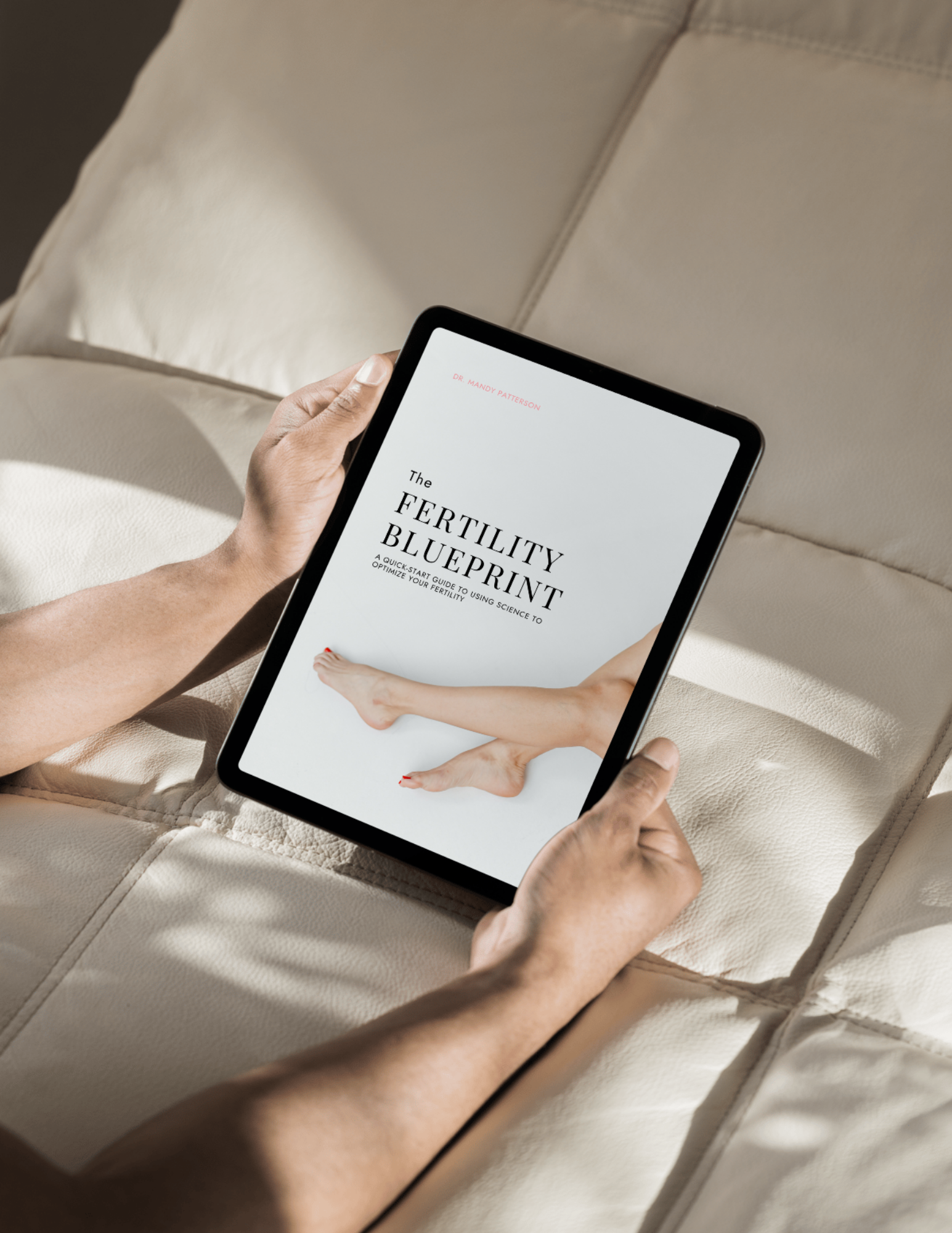Hormonal disruptions create havoc in our lives. It could be dangerously heavy menstrual bleeding, endometriosis, weight that just won’t drop, or overwhelming emotions. All are symptoms of a hormonal imbalance. In this article, we will talk about natural methods to balance your hormones.
A lot of women turn to birth control to help balance their hormones. While there are many reasons you may want to use hormonal contraceptives, it’s not an end all be all solution to your problems.
Yes, birth control is an effective way to prevent unwanted pregnancies, but it has also been linked to health problems such as fertility issues, breast, cervical or liver cancer, hormonal imbalances, hypothyroidism, weight gain and decreased libido.
This is especially evident when you want to stop taking the pill and experience a hormonal imbalance or the same issue that started you on birth control in the first place.
The good news is there are natural methods to balance your hormones! Let’s dig a little deeper.
What Happens To Your Body on Birth Control?
Hormonal birth control works by shutting down your natural hormone fluctuations. The natural increase and decrease of the female sex hormones, estrogen and progesterone, is replaced with a specific dose of synthetic hormones that prevent ovulation. The suppression of ovulation is what makes it successful in the prevention of pregnancy.
Hormonal birth control effectively shuts down your reproductive system. The synthetic hormones do a great job mimicking your body’s real hormones. Although, eventually your body thinks it has enough of those hormones in circulation and stops producing its own. Your body also no longer goes through the luteal or follicular phases of a menstrual cycle.
Normal Menstrual Cycle Vs. Pill Cycle
In a normal menstrual cycle your hormones fluctuate throughout the month. High estrogen levels mark the first two weeks, then ovulation occurs and progesterone spikes. If fertilization does not occur then both hormones decline. This decline is what leads your uterine lining to shed (aka the blood you see on your period).
On hormonal contraceptives, there are no natural fluctuations to your hormones, everything is synthetic. Additionally, the ovulation-stimulating hormone gonadotropin-releasing hormone (GnRH) is suppressed. Normally, GnRH initiates ovulation, which creates the fluctuation in estrogen and progesterone.

Hormonal birth control works by shutting down your natural hormone fluctuations. The natural increase and decrease of the female sex hormones, estrogen and progesterone, is replaced with a specific dose of synthetic hormones that prevent ovulation. The suppression of ovulation is what makes it successful in the prevention of pregnancy.
What Happens After Birth Control?
When you stop introducing the synthetic hormones your body doesn’t immediately pick up the slack and start producing its own again. This is especially true if it wasn’t producing the right amounts BEFORE you started birth control.
Your brain and your ovaries need to restore the communication that was interrupted by the synthetic hormones. It can take time for them to get back in sync. This usually results in an imbalance of progesterone and estrogen in a phenomenon called Post Birth Control Syndrome.
Signs and Symptoms of a Hormonal Imbalance
While birth control may ease your symptoms of, for example, endometriosis, it doesn’t address the root cause, which is a hormonal imbalance. Not to mention the mess the pill creates with your hormones when you stop taking it. Here are a few signs and symptoms of a hormonal imbalance to look out for (whether you are on birth control, never took it, or just stopped taking it):
- Infertility
- Irregular periods
- Weight gain or weight loss
- Depression and anxiety
- Panic attacks
- Fatigue
- Insomnia
- Low libido
- Changes in appetite
- Digestive issues
- Hair loss and hair thinning
Other Causes of Hormonal Imbalance
While birth control can certainly contribute to a hormonal imbalance, it’s not the only cause. Stress, toxins, and a poor diet are all factors that also play a part in hormonal imbalances. Here is a list of the most common problems associated with a hormonal imbalance.
- Estrogen dominance
- Polycystic Ovarian Syndrome (PCOS)
- Low estrogen
- Hypothyroidism
- Low testosterone
- Hyperthyroidism & Grave’s disease
- Diabetes
- Adrenal fatigue
RELATED: FIVE FOODS THAT MAY CAUSE HORMONAL IMBALANCE
How to Balance Your Hormones Naturally
Maybe you have PCOS or endometriosis, or maybe you have a bad case of acne, and your doctor tells you to take hormonal birth control to manage your symptoms. Based on what you now know, you’re probably looking for a different solution. Well, don’t fret! There are ways to balance your hormones naturally!
Eat Healthy Fats Instead of Carbs
The first step to balancing your hormones is often overlooked – but probably one of the most important. It has to do with nourishing your body. Your body needs various types of fats to create hormones. These fats are the building blocks of hormones, lower inflammation, and boost your metabolism.
In fact, healthy fats have the opposite effect of refined carbohydrates. A few examples of foods that contain healthy fats include coconut oil, avocadoes, grass-fed butter, and wild-caught salmon.
Supplement to Fill Nutrient Deficiencies
Continuing with the idea of nourishing your body, you should begin supplementing to fill nutrient deficiencies. Supplementing should be second to dietary changes because you can’t out supplement a poor diet. However, hormonal birth control is notorious for depleting your body of key nutrients.
Here are a few vitamins and minerals to focus on when taking supplements:
- B Vitamins
- Vitamin C
- Zinc
- Selenium
- Phosphorus
- Magnesium
Establish Your Menstrual Cycle
Reestablishing your menstrual cycle after taking hormonal birth control is critical to balancing your hormones. This is also true if you’ve always struggled with an irregular menstrual cycle. Establishing a consistent menstrual cycle is a sign that your body’s hormones are doing what they’re supposed to – an irregular, missing, or overly heavy menstrual cycle is a sign your hormones are out of whack.
This step should only come after the first two steps have been thoroughly implemented. A few other ways you can help establish your menstrual cycle are by avoiding hormone-disrupting chemicals in your personal care products, reducing your stress levels, and monitoring your sleep and exercise.
Work With A Holistic Health Coach
If you’ve attempted to balance your hormones by yourself but you haven’t seen much progress, don’t worry. Sometimes it takes a more targeted approach from someone who has experience solving these kinds of issues. Don’t lose heart. Reach out to me via my contact page and let’s talk about how you can optimize your health and balance your hormones naturally.
Mandy Patterson


















